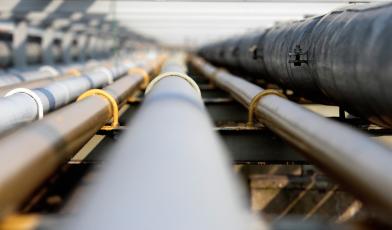Hurricane Irma passed through Florida and into the Southeast over the weekend, and our thoughts and prayers are with the state and its residents as they begin to recover from this devastating storm. This storm, following in the wake of Harvey’s impacts on the refining complexes along the Texas and Louisiana Gulf Coast, has created strains at many points throughout Florida’s fuel supply chain.
Of the 24 refineries that were offline or operating at reduced capacity due to Harvey, only 4 are still down. We still have work to do, but AFPM’s members are committed to helping ensure that new supply reaches all markets that are accessible and in need of fuels. Despite this, there is no nationwide shortage of fuel. Supply is not the problem: we have five-year highs of fuel storage in the country. The challenge is a logistical one.
For Florida, Irma is having wide-ranging impacts, with many residents in shelters or trying to return home. For our industry, the logistical challenges related to the storm itself – impacts to ports, infrastructure, but also power – have caused disruptions in our ability to move fuel from storage to gas stations. These infrastructure challenges, coupled with a rapid spike in demand, have stressed the supply chain. This is the primary challenge for a state without refineries.
The industry was proactive ahead of Irma and terminals staged days of extra supply. We prepared in the days before the storm and we are now poised to deliver our products where they need to go as soon as it is safe and infrastructure allows. In fact, tankers carrying fuels are already lining up to deliver much-needed supply to ports for distribution throughout Florida. That’s good news considering both the Port of Tampa and Port Everglades – Florida’s most important fuel supply points – have reopened.
Since August 27, average U.S. gasoline prices have risen about 30 cents to around $2.66 per gallon, with larger increases in Florida, according to GasBuddy.com, as the supply chain and futures markets react to the fallout from storms. Prices should adjust as supplies normalize.


